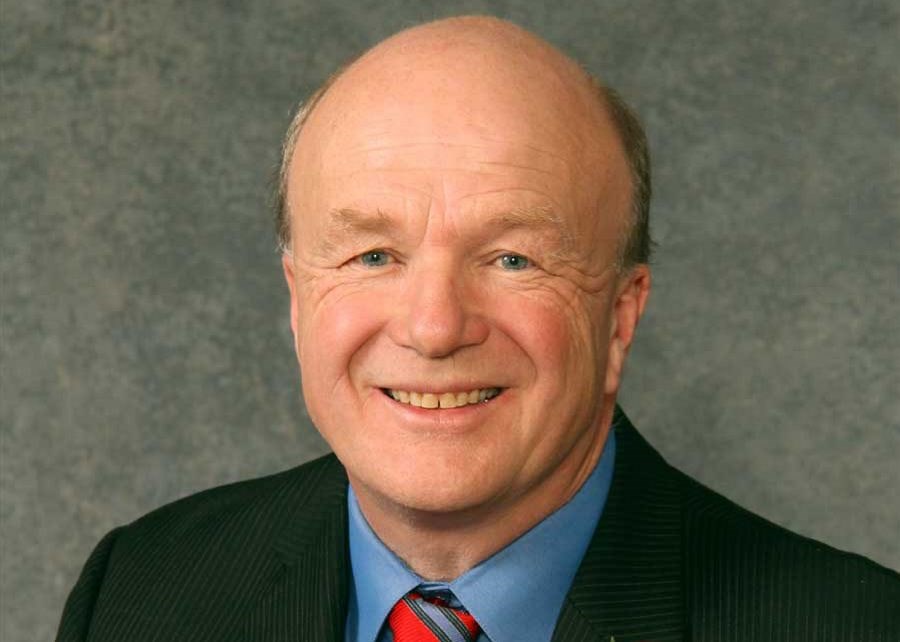View Royal Mayor David Screech felt like a winner when he took home $5,100 from a charity draw at a Victoria Royals game in November, until he deposited the cash — and was made to feel like a loser.
Soon after depositing the money at his Colwood Corners CIBC branch, the mayor became the target of a money-laundering probe because of his job, the size of the cash deposit — and maybe, he suspects, because there’s a casino in his community.
“I’m not a great believer in conspiracy theories, but I think that’s a fair enough question, let’s put it that way,” Screech said. “With all the fuss there’s been about money laundering in casinos recently, you can’t help but wonder if that does have something to do with it.”
Screech said when he deposited the $5,100, he mentioned to the bank teller how he had won the money. Most of the money was spent over Christmas.
Then, about three weeks ago, Screech was called by the bank he has used for many years. Asked where he got the money, he initially balked. After he was told why the bank was auditing his transaction and that it could close his account, he explained the source of the cash.
In a statement, CIBC said that under federal legislation, Canadian financial institutions can be required to seek additional information on transactions involving “individuals who hold prominent positions.” But the inquiry didn’t stop there and that’s where it crossed the line, said Screech, who felt his privacy was unnecessarily invaded.
Screech’s wife was called and questioned about where she gets funds to pay her personal Visa bills. His 35-year-old stepson, with a different surname, was questioned about how he pays his credit-card bill, a supplementary card under his father’s name.
The implication was that he had received a payoff, said Screech, who was told by the bank that he is considered a “politically exposed person” under federal law because he is a municipal mayor.
“I’m not sure that I agree that just by virtue of my office that I’m a high risk to launder money or conduct terrorism,” Screech said.
Fintrac, the federal anti-money-laundering agency, requires banks to flag politically exposed people based on anomalies in account activity.
Screech said he doesn’t know what threshold would prompt an investigation and that lack of transparency is disturbing. The idea that every mayor is on a list “is just wrong on so many levels.”
“If I go today and put $1,000 cash in, is that going to trigger a phone call?” he asked. “They don’t tell you.”
The mayor said he supports the federal government’s actions to crack down on money laundering, but “when they have people with duffle bags with hundreds of thousands of dollars, it’s a little bit different than a mayor who wins $5,000 at a community hockey game.”
Screech has filed a complaint with Consumer and Corporate Affairs Canada and with the Ombudsman for Banking Services and Investment.
He said he would be happy with “a genuine apology” from the bank.



